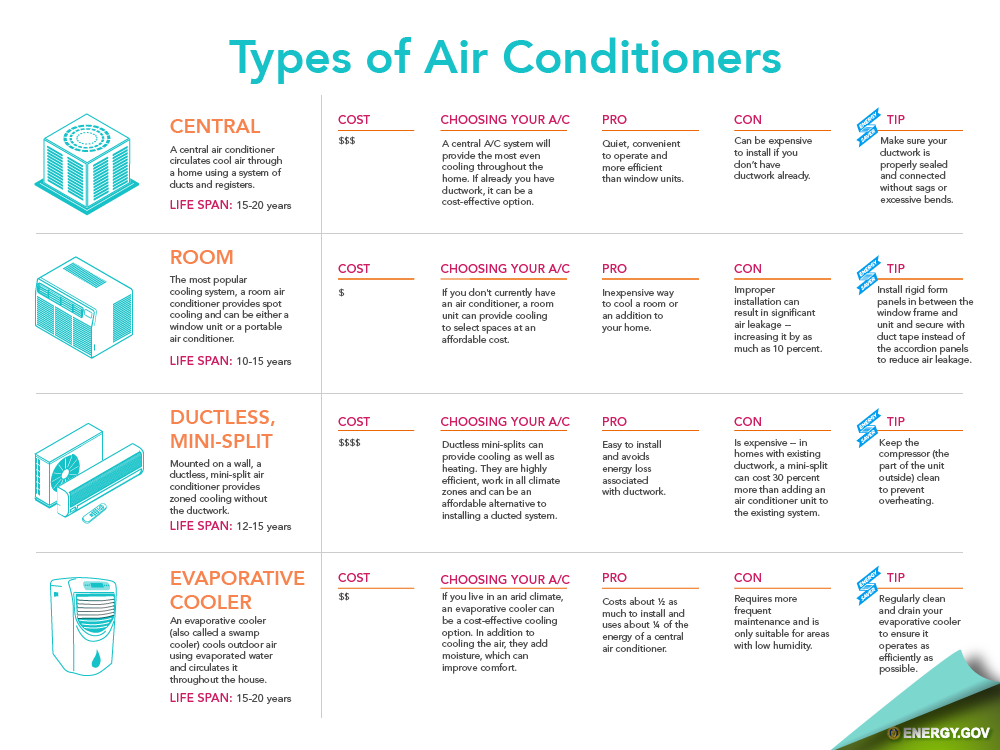Heat Pump Vs Heater - Which Is The Better Heating Choice For Your Home?
Heat Pump Vs Heater - Which Is The Better Heating Choice For Your Home?
Blog Article
Post Created By-Rosenthal Aldridge
Many home owners know with heaters, which warmth homes with oil or natural gas and press hot air through ductwork. They are reasonably economical and can supply reliable home heating even during a winter season power blackout.
Nonetheless, they make use of nonrenewable fuel sources and generate carbon monoxide and various other air pollution. They additionally aren't as energy-efficient as a high-efficiency heatpump.
Cost
Generally, heatpump are more cost effective to run than heating systems. They usually make use of power and cooling agent to remove warm from outside air, and after that transfer it into your home. You can benefit from cheaper electrical power prices throughout off-peak hours to even more lower your home heating costs.
Unlike heat pumps, gas or wood-burning furnaces make use of burning to create warmth, sending out flue gases right into the atmosphere that can be damaging to your wellness. These heaters are likewise less energy-efficient than heatpump, and their higher operating costs can accumulate over time.
Heating systems are much more complex than heat pumps and need routine upkeep to guarantee the proper function of all components. In spite of this, they have a tendency to last longer than heatpump with a common lifespan of 20 years or even more. Nonetheless, you'll need to factor in the cost of gas, fuel oil or wood and the added devices needed for installation and procedure such as ducts and air flow systems.
Energy Effectiveness
Heat pumps have a higher power performance ranking than heating systems. These systems make use of electrical energy to scavenge warm from the air, even in freezing temperature levels. They can additionally eliminate excess warmth from the home during warmer months and recycle it to cool down the system. Service provider specialists can aid you identify the best model for your home based on climate and resource power prices.
Furnaces melt gas oil, lp, natural gas or various other types of nonrenewable fuel source to heat the air in the home. This air is after that distributed with ductwork using a big fan. Furnaces produce greenhouse gases and call for regular upkeep and tools upgrades to make certain risk-free procedure.
The biggest advantage of a heating system is that it can be operated also in rough wintertime problems due to the fact that it does not depend on exterior temperatures to warm the air. Heating click over here now have a longer lifespan than heat pumps and usually last 15 years. They can additionally be paired with twin gas choices, which choose one of the most effective home heating option based on the weather.
Climate
Heat pumps work well in modest climates and use less resource power than furnaces. Nevertheless, if your area is incredibly cold, you might require to purchase a conventional gas heating system rather.
Heaters supply cozy, comfortable warm and typically use rapid heating to elevate indoor temperatures. These systems can be utilized with a variety of gas types, including natural gas, lp, oil or power.
They take in much more energy than heatpump-- up to 3x as much-- and require ductwork that's pricey to install or retrofit. They're likewise a lot more expensive to preserve, as they can trigger air top quality issues and generate greenhouse gas emissions.
If you're committed to minimizing your carbon footprint, a heatpump is an excellent selection for your home. They have fewer greenhouse gas exhausts than furnaces, particularly if you select a power STAR ® heatpump. Your regional Service provider expert can clarify the distinctions in between these 2 furnace and aid you make the very best choice for your distinct requirements.
Individual Preferences
Heating systems can be really energy efficient when powered by natural gas, gas or oil, yet they aren't as power effective as heat pumps in frigid climates. They can also be more pricey to mount, requiring gas lines and ventilation systems.
Nonetheless, furnaces have a tendency to call for much less upkeep, which can cause reduced ongoing expenses. They produce fewer greenhouse gases and are more reliable than heat pumps throughout severe weather.
Electric heatpump are more flexible in developing indoor comfort due to the fact that they can additionally work as air conditioners during warmer months. They can be easier to keep, requiring only normal air filter changes and periodic vacuuming.
If you prefer the comfort of a single system that does it all, think about a hybrid home heating option that pairs a heater with an electric heat pump. These systems can automatically switch in between both heating choices based on your home's needs and temperature level conditions, taking full advantage of performance and financial savings.